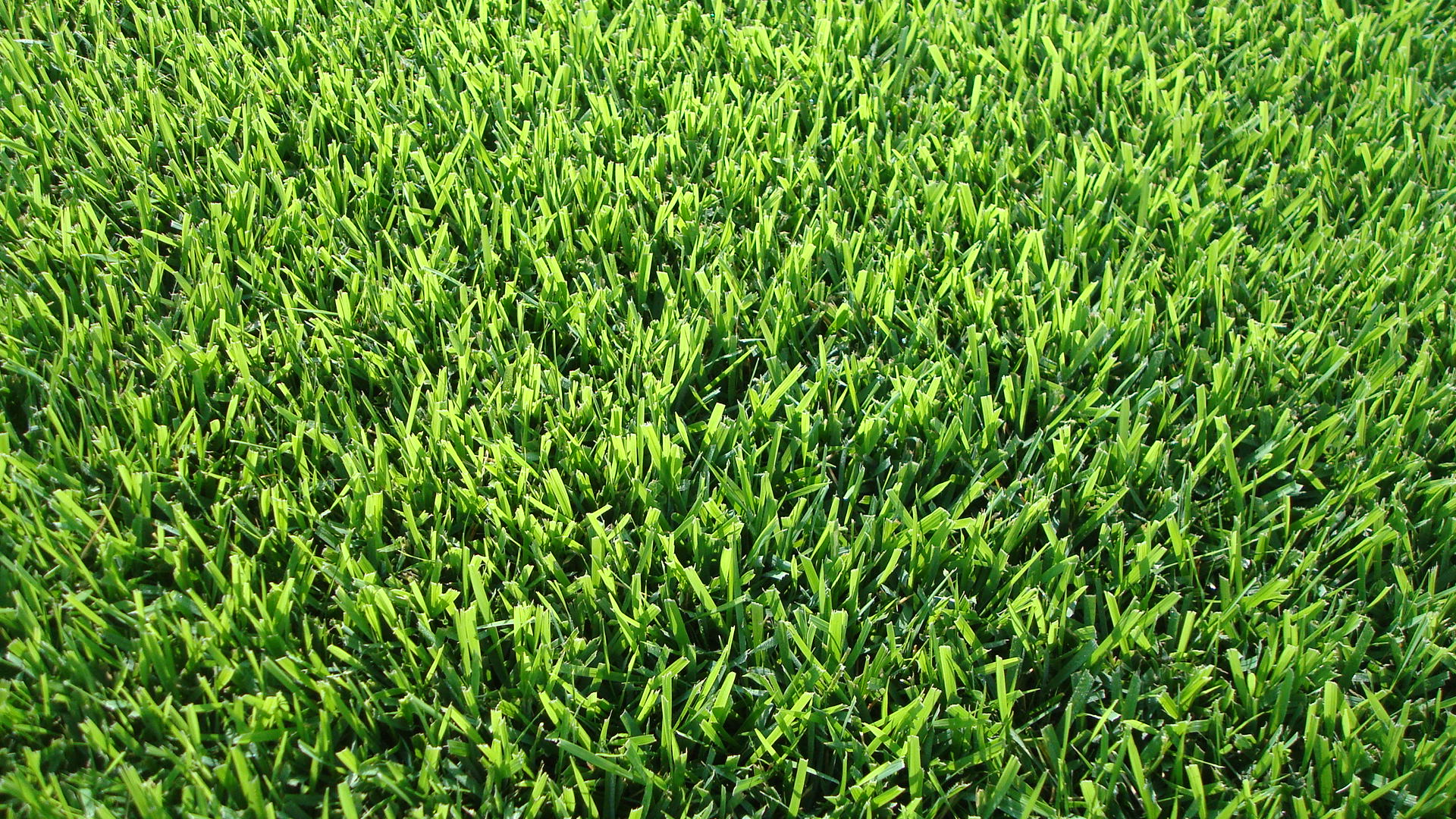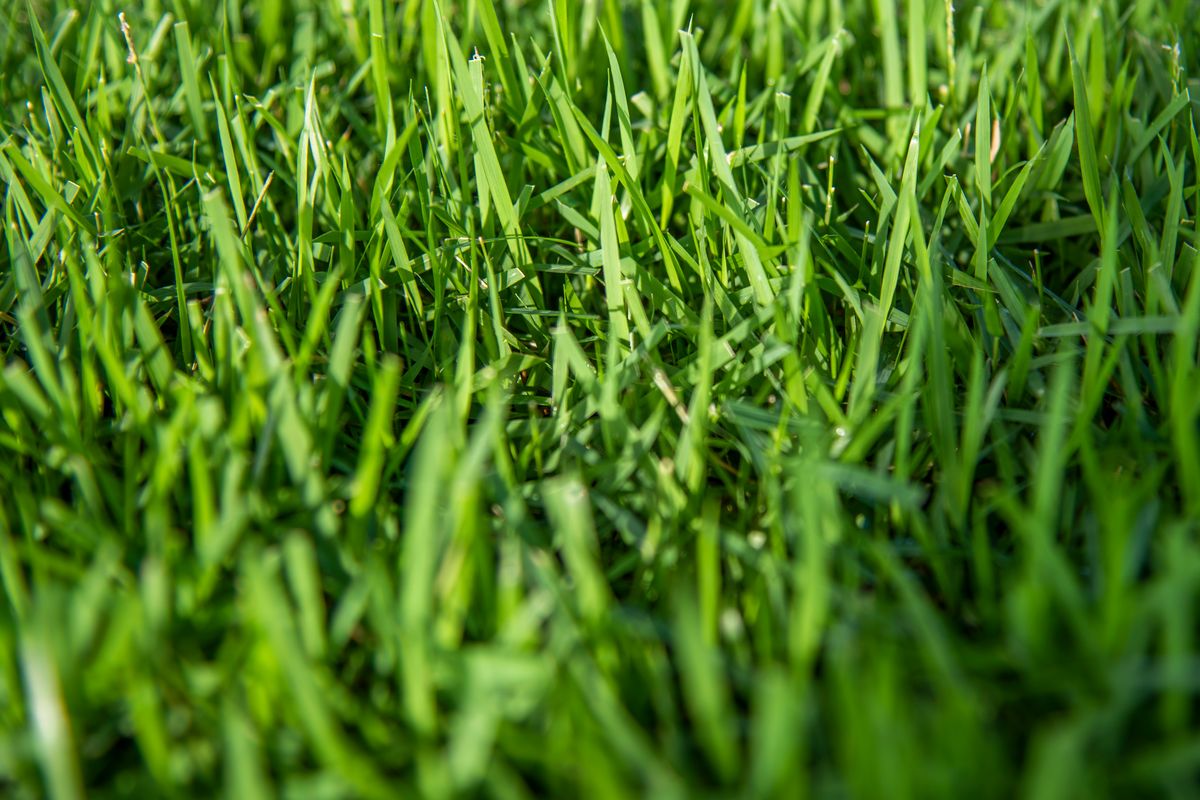Exploring Grass Texture: Nature's Green Carpet Under Your Feet

Introduction:
Grass is a fundamental element of nature that covers vast
landscapes, creating a soothing and serene environment. The texture of grass
plays a crucial role in how we experience and interact with the outdoors. From
the softness of a well-manicured lawn to the wild and untamed feel of natural
grasslands, each type of grass texture offers a unique sensory experience. In
this blog, we will explore the different textures of grass, their
characteristics, uses, and how they contribute to the beauty and functionality
of outdoor spaces.
Understanding Grass Texture:
Grass texture refers to the physical and visual
characteristics of grass blades and the overall appearance of grass surfaces.
The texture is influenced by factors such as grass species, growing conditions,
maintenance practices, and climate. Grass texture can range from fine and
delicate to coarse and robust, each type serving different purposes in
landscaping and ecological balance.

Fine-Textured Grass:
Fine-textured grasses are characterized by thin and delicate
blades that create a velvety appearance. Varieties such as Kentucky Bluegrass
and Fine Fescue are popular examples of fine-textured grasses. They create a
soft and lush lawn, making them ideal for residential yards, parks, and golf
courses. Fine-textured grasses lend a formal and elegant look to landscapes and
provide a comfortable surface for walking and relaxing.
Medium-Textured Grass:
Medium-textured grasses strike a balance between fine and
coarse blades. Varieties like Perennial Ryegrass and Bermuda Grass fall into
this category. Medium-textured grasses are versatile and suitable for various
applications, from residential lawns to sports fields and commercial
landscapes. They offer a pleasing combination of softness and durability,
making them popular choices for high-traffic areas.
Coarse-Textured Grass:
Coarse-textured grasses have broader and thicker blades, giving them a rugged and robust appearance. Varieties such as Tall Fescue and Zoysia Grass exhibit coarse texture. Coarse-textured grasses are hardier and better adapted to challenging growing conditions, making them suitable for rougher landscapes, erosion control, and naturalized areas. While not as soft as fine-textured grass, they provide a more rustic and natural feel to outdoor spaces.

Uses and Applications
Residential Lawns:
Grass texture plays a vital role in
creating inviting and attractive residential lawns. Fine-textured grasses
provide a luxurious and manicured look, while medium-textured grasses strike a
balance between aesthetics and durability.
Parks and Recreational Areas:
In parks and recreational
areas, a combination of fine and medium-textured grasses is often used to
create comfortable and functional green spaces for leisure activities.
Sports Fields:
Sports fields, especially those used for
high-impact activities like soccer and football, benefit from the resilience of
medium-textured grasses, which can withstand heavy foot traffic and recover
quickly from wear.
Natural Landscapes:
Coarse-textured grasses are well-suited
for natural landscapes, where their rugged appearance adds to the untamed
beauty of wild grasslands and meadows.
Environmental Impact
Grass texture also plays a role in the ecological balance of
ecosystems:
Soil Erosion Control:
Coarse-textured grasses with extensive
root systems are effective in preventing soil erosion in hilly or sloped areas.
Biodiversity:
A mix of different grass textures in natural
landscapes supports biodiversity, providing habitat and food sources for
various plant and animal species.
Conclusion:
The texture of grass is a vital aspect of the outdoor
environment, impacting both aesthetics and functionality. Fine-textured grass
creates an elegant and soft appearance, medium-textured grass offers a balance
between aesthetics and resilience, while coarse-textured grass provides a
rugged and natural feel. Each type of grass texture serves different purposes,
enhancing the beauty of residential lawns, providing green spaces for
recreational activities, and contributing to the ecological balance of natural
landscapes. Whether you are strolling through a manicured lawn or exploring a
wild meadow, the texture of grass under your feet adds to the pleasure and
connection with nature's green carpet.











